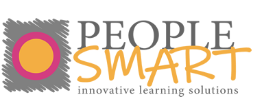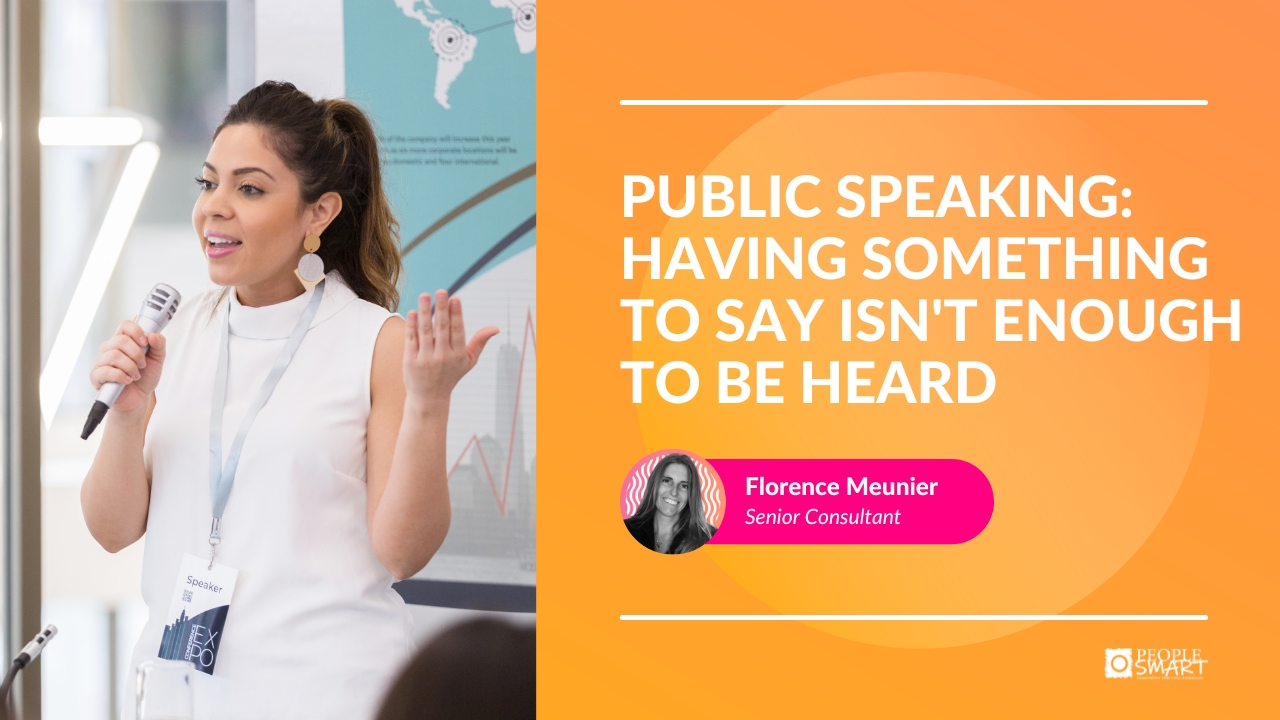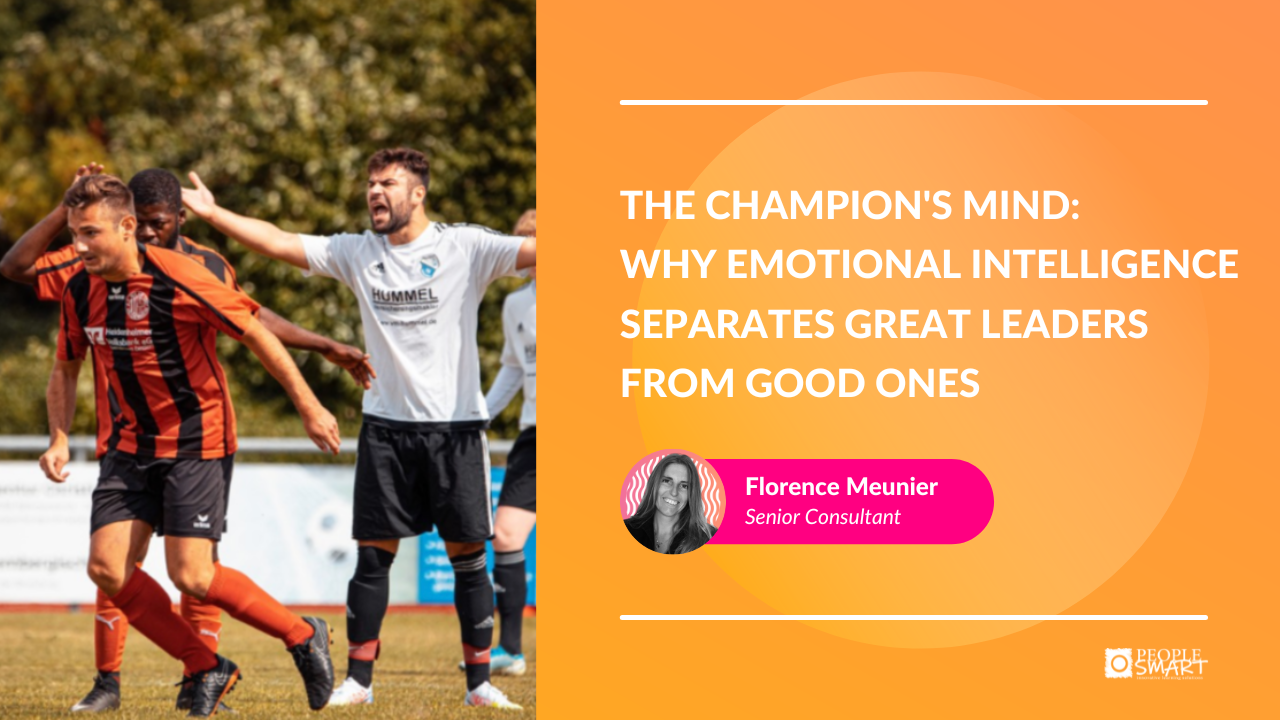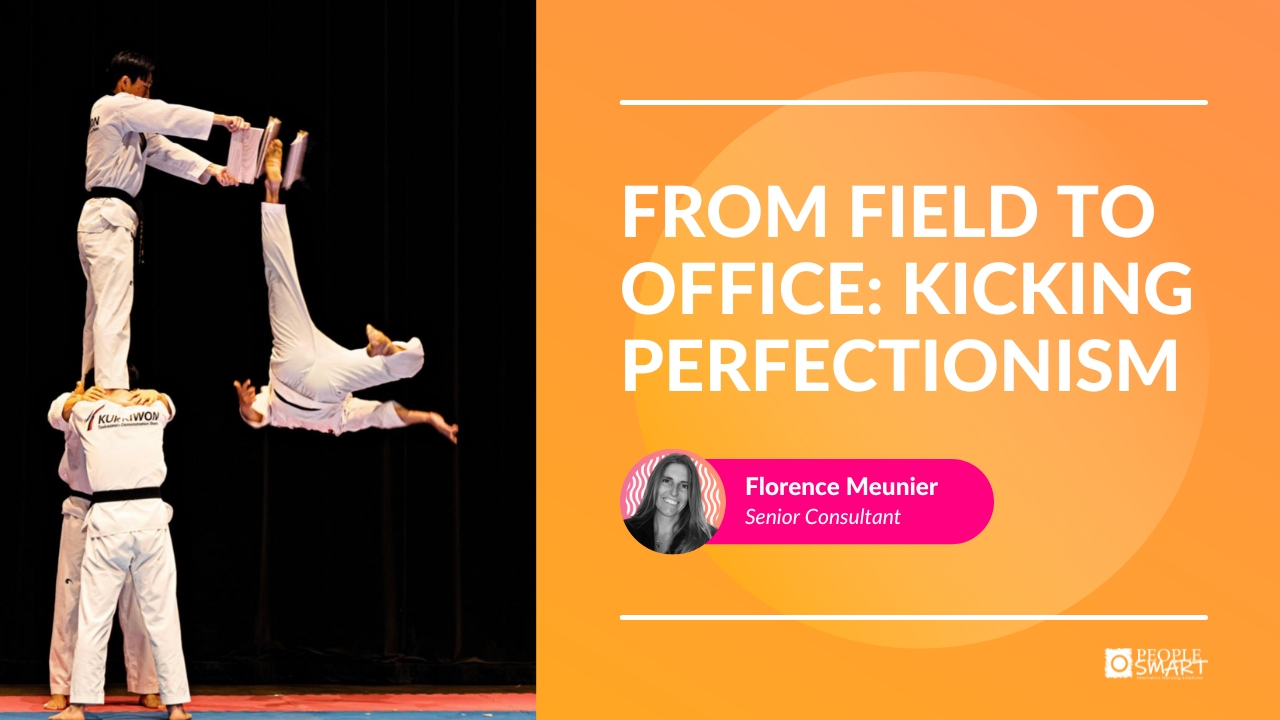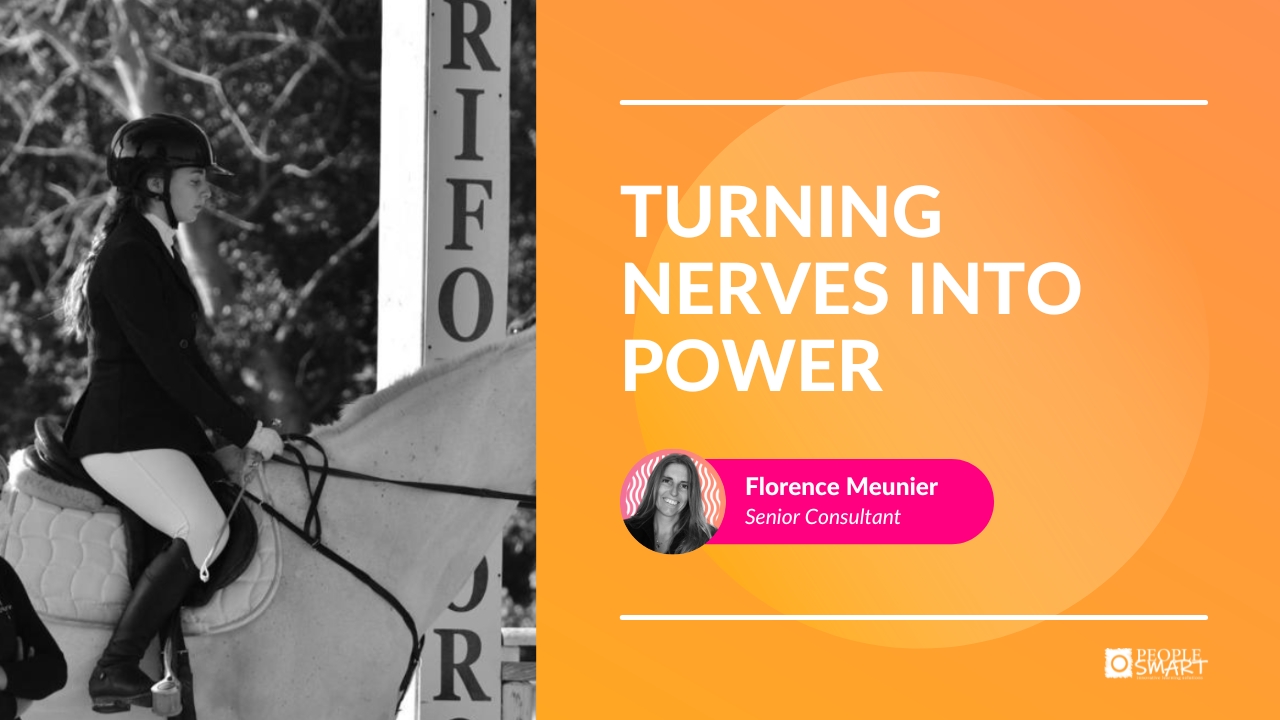Covid 19 has hit our lives like a thunderbolt that forced us to change our routines, our ways of working, our ways of studying, how we socialize with other people, how we travel, even how we do the shopping.
The first emotional reaction to losing most of our ‘old normal’ has certainly been that of shock, followed by denial and then by anger.
At the beginning we were all taken aback. Many tried to minimise the situation. I remember the news reporting that it was just an influenza, that we should not worry all that much.
Then the seriousness of the virus hit everybody heavily. Many were outraged regarding contradictory information and looked for people and nations to blame for the situation.
THE ‘NEW NORMAL’
As you may remember from your EI training, what is described above is exactly what happens to our emotions as they move along the change curve. Even more so as we were facing an unprecedented situation that required unprecedented changes.
Now, we are gradually emerging from the darkest days and are starting experimenting new ways of managing the ‘new normal’, trying to decide what strategies to adopt.
Though we may still feel a subtle sense of sadness for what cannot be any longer as before, while we pivot and adjust to our ‘new normal’, it is important to give ourselves some time to grieve what we lost.
Once we get to accept that loss, we can look ahead. If it is true that we lost something, it is also true that we learnt to appreciate new things. Everyone will experience that in different ways of course. But if we stop and reconnect with our deeper self, we will find the energy of a new beginning. That energy is the true source to tap into to find solutions to the present challenges in our life and work.Here some practical strategies that may help us tap into our inner energy:
- Journal our experience – Writing about our feelings is extremely powerful. It is a self-awareness exercise. When labelling negative feelings, their power diminishes, and when noticing positive feelings, they expand. Starting each day by noting down what we can be grateful of will help us enhance our well-being.
- Create new routines – Having routines will restore normality. For example, we may get creative and find new ways of starting our day – meditating, doing exercise, walking in the park, taking the time for a nice breakfast with our family or alone. It is refreshing for the mind to change routines from time to time.
- Self-caring – By learning to take care of ourselves, by being kinder to ourselves, we become more present in our life and start making healthier choices for our well-being. That impacts positively on our self-esteem as we respect ourselves more. It also makes us more resistant to illnesses as our immune system boosts. And even our productivity improves, as we learn to say ‘no’ to what is not important while sharpening focus on what is important.
- Stay connected in new ways – Aren’t we lucky to live in times in which the internet and all the different platforms like Webex, Zoom, Teams allow us to stay connected? It is widely recognized that social distancing does not mean social disconnecting. It may be fun to discover new ways to meet colleagues and friends for a chat and a virtual drink together.
- Create pockets of joy – It is important to learn to celebrate what makes us happy, what makes us smile. We do not need major events for that. It may be something as simple as taking the time to savour little things fully, like a cup of tea with a friend or a good book. By focusing on moments of joy, all will add up.
As neuroscience has widely demonstrated, when we feel well, we have more energy and our positive emotions reverberate all around us impacting positively on our relations. Let’s take the responsibility of creating good vibes!
CASE STUDY – MINDFUL LEADERSHIP
The context in which leaders need to operate now is more than ever a fluctuating one with significant changes not only since the last century but most recent years.
And in 2020 and the Coronavirus emergency this trend reached its peak!
These changes apply to any sector of business, politics, economy and personal life.
This impacts in turn on the abilities that leaders are called on to develop today.
They revolve around the capacities for relating and working well with others and coping in situation where there is a reduced or even no capacity to engineer the outcomes.
According to a research carried out at Hult International Business School three are the critical capacities for leaders today:
1) The capacity to collaborate with others
This ability involves being able to co-operate and facilitate co-operation across ideas, boundaries and cultures. Diversity and inclusion being one crucial related skill to being able to collaborate with other both inside and outside the organisation.
2) The capacity for resilience
Covid19 emergency made it clear that we all need to learn to be resilient. Leaders have a double responsibility, being able to bounce back following a crisis and help their team to do the same. But resilience is not only that. The Ashridge Resilience Questionnaire considers also: emotional control, self-belief, purpose, adapting to change, awareness of others and balancing alternatives. Leaders who score high on a combination of these measures have been shown to maintain their personal and leadership resilience in the face of adversity.
3) The capacity to survive and thrive in complex contexts
To this end leaders need to develop the capacity of being agile. This is an agility of thinking, being able and willing to step outside of their perspective to see others’ perspectives (a skill also required for collaboration). Connected to agility is the capacity to be flexible in making swift decisions in the midst of distraction, to adapt preferred leadership styles according to situations and team members’ personality and interactive styles.
The research team at Hult set out to investigate whether a mindfulness training would impact these three capacities. The mindfulness training they used in the research was the 8-week Mindfulness-Based Stress Reduction programme created by Kabat-Zinn. Their participants were a cross-sector group of 57 senior leaders.
The starting point: What is Mindfulness?
According to Kabat-Zinn Mindfulness is “the awareness that arises from paying attention on purpose, in the present moment and nonjudgmentally”. In other words, mindfulness is a choice, the choice to be aware of oneself, of others, and of what happens around us.
What did they find?

Approximately 3 months after the Mindfulness programme, participants were administered a Survey, aimed to discover the extent to which participants felt the programme had impacted the three key leadership capacities of resilience, collaboration and leading in complexity described above.
When asked to explain the area that they felt they had experienced most impact in as a result of the programme, 40% of respondents detailed answers relating to ‘less stress’, ‘calmness’, and ‘emotional regulation’. Popular responses also included the ability to respond rather than react (14%) and increased focus (11%).
Post programme impact:
Meta-capacities
The most important finding was regarding the meta-capacities that participants reported being enabled by the Mindfulness programme and practice.
The first of these meta-capacities was the ability they discovered to choose to observe what they were thinking and feeling. Observe is the crucial word here – observing what is happening now, in the very moment, in our thoughts, feelings, and body. This meta-capacity is fundamental in freeing us from the ‘automatic’ thinking and ruminating.
The second meta-capacity was defined as curiosity towards the present moment, what happens in the present to us, to others, around us.
And curiosity helped the third meta-capacity, the attitude of allowing, being more understanding towards self and others, especially facing stressful situations.
These meta-capacities helped to develop 5 cognitive and emotional skills:
- Emotional regulation – the ability to make a conscious choice when responding to situations rather than reacting automatically following to emotional wave of the moment
- Perspective taking – the ability of considering situations and ideas from different angles; this ability impacted on the quality of decisions
- Empathy – the ability of focusing more on others than self
- Focus – the ability to concentrate and use selective attention to enhance clarity of thought and quality of decisions
- Adaptability – the ability to adapt to changing situations and context and people
 These conclusions lead to develop a theory of Mindful leadership that may represent the basis for further research and development in this area.
These conclusions lead to develop a theory of Mindful leadership that may represent the basis for further research and development in this area.
When a combination of the three meta-capacities of metacognition, curiosity and allowing are present a space opens in the flow of experience in which choiceful response becomes possible. This in turn impacts on the 5 cognitive and emotional skills mentioned above.
The diagramme of the theory developed from this study is shown on the right:
Conclusion
We thought important to share this research as it contributes to the understanding and evaluation of how mindfulness practice might be relevant to leaders in our century.
Though there is still surely room for exploration, the findings research are extremely valuable as they support the hypothesis that mindfulness training and practice may be helpful in equipping leaders with relevant and useful capacities for the next global challenge ahead.
For us coaches and trainers Mindfulness nowadays represents a fundamental area to grow and present to our clients to bring about a deeper level of development having a positive impact on a whole set of skill crucial to leaders and their leadership of teams in a sort of cascade fashion.
Source: ‘The Mindful Leader’ by Reitz, M, Chaskalson, M., Olivier S., Waller, L., November 2016, Hult Research
LEARNING AND DEVELOPMENT
PeopleSmart has recently developed a rich catalogue of virtual workshops to support clients continue developing crucial skills and capacities in quick, practical and engaging programmes in remote. Notice that we offer virtual workshops and not traditional webinars. We really aim at providing a fruitful learning experience where participants can interact with the facilitator and participate in different type of activities.
Some examples of our programmes related to Emotional Intelligence topics:
- Resilience and Mindfulness
- Exploring Emotional Intelligence
- Motivating others
- Motivation and Neuroscience
- Understanding and leading through change
- Self-confidence and Charisma
- • GENOS New Leading with Emotional Intelligence series
Our workshops are 60’ or 90’ minutes long and are run on Zoom.
Our great team of coaches is also available to support you with Coaching sessions in remote.
Please, contact us for further information: contact@peoplesmart.fr
PEOPLESMART NEWS
We are excited to share with you our incredible new Podcast series called ‘Leadership luminaries’ created and curated by Michael Banks.
Please visit the ‘Leadership luminaries‘ by selecting the image below:

